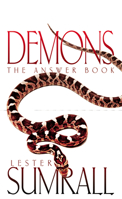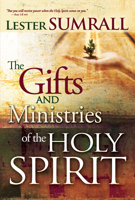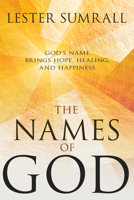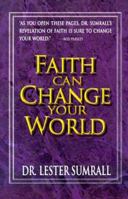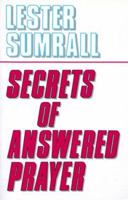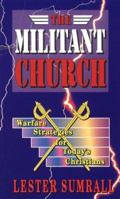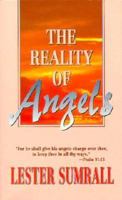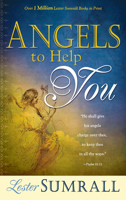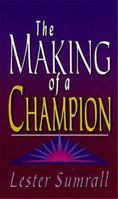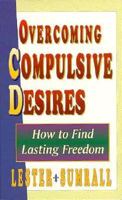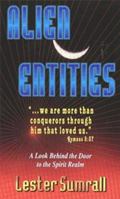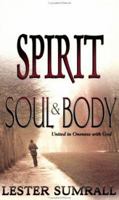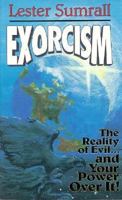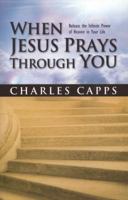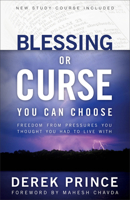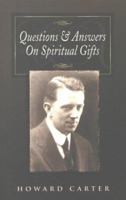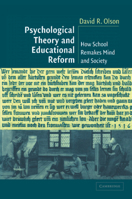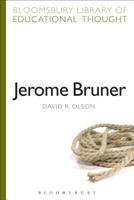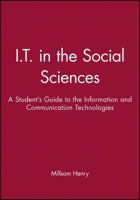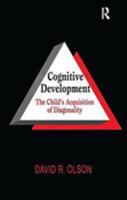NIV New Testament and Psalms, 1978
Select Format
Select Condition 
You Might Also Enjoy
Book Overview
Related Subjects
Christian Books & Bibles Education & Reference Religion Religion & Spirituality TheologyCustomer Reviews
Rated 5 starsI appreciate it
One of my co-workers is bi-lingual, but more fluent in spanish than english. This will be a great help for her, not only to read the Word of God, but also to learn more of the english language as she reads it.
1Report
Rated 5 starsGod's word is always good
Great tool to help our growing Spanish population to learn the English language while hearing God's word in their language. Handy to keep around ready to share with new Hispanic friends.
1Report
Rated 5 starsExcellent pocket-size NT
This is the clear, readable New International Version of the New Testament, Psalms, and Proverbs in a very small, thin package that fits easily into your pants pocket. The text is extremely tiny, but crisp and dark; I find it fairly easy to read, though not everyone will agree. No concordance, no study guides, only the standard NIV footnotes, but what do you expect from a pocket-size edition? I bought the "leather bound" edition...
0Report
Rated 4 starsA great resource
I found this Bible useful in helping me to establish a regular time of Bible reading and prayer to start my day. The text is broken up into sections that can be easily read in a relatively short amount of time. Each section contains (1) an introduction that generally does a good job of setting the stage for how the passage might be related to modern life and (2) good open ended questions that I found useful in thinking...
1Report














